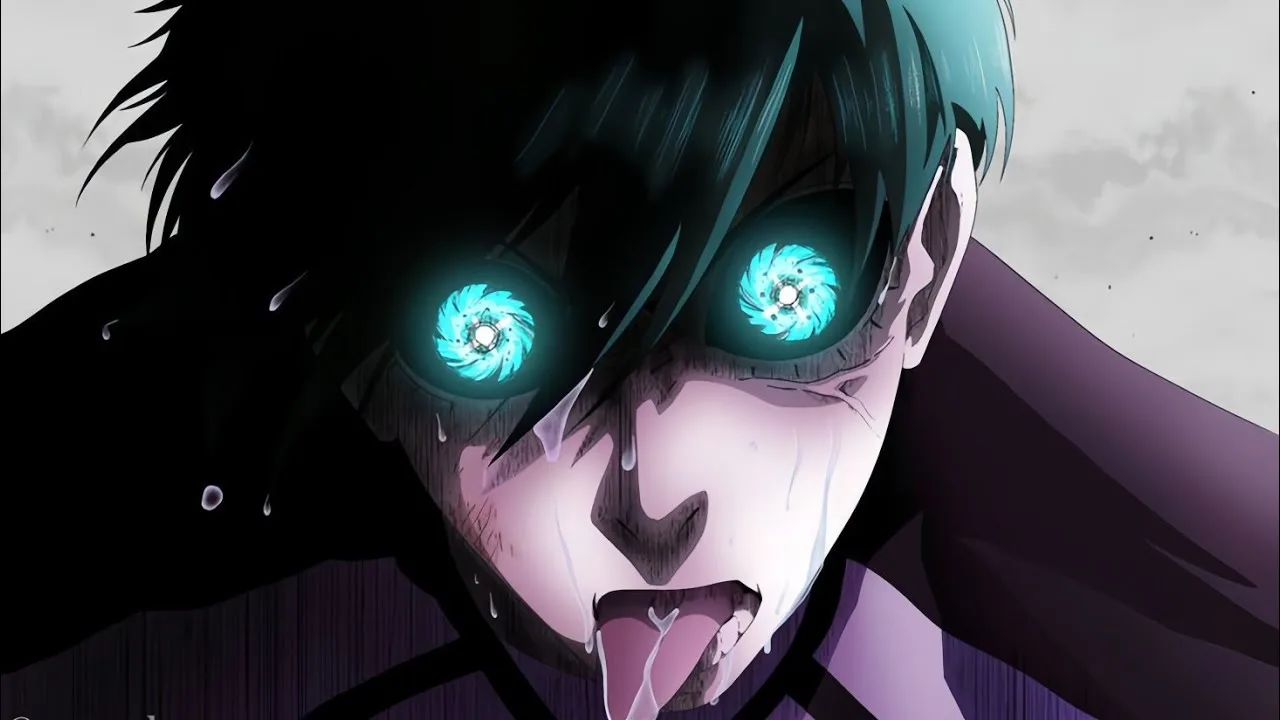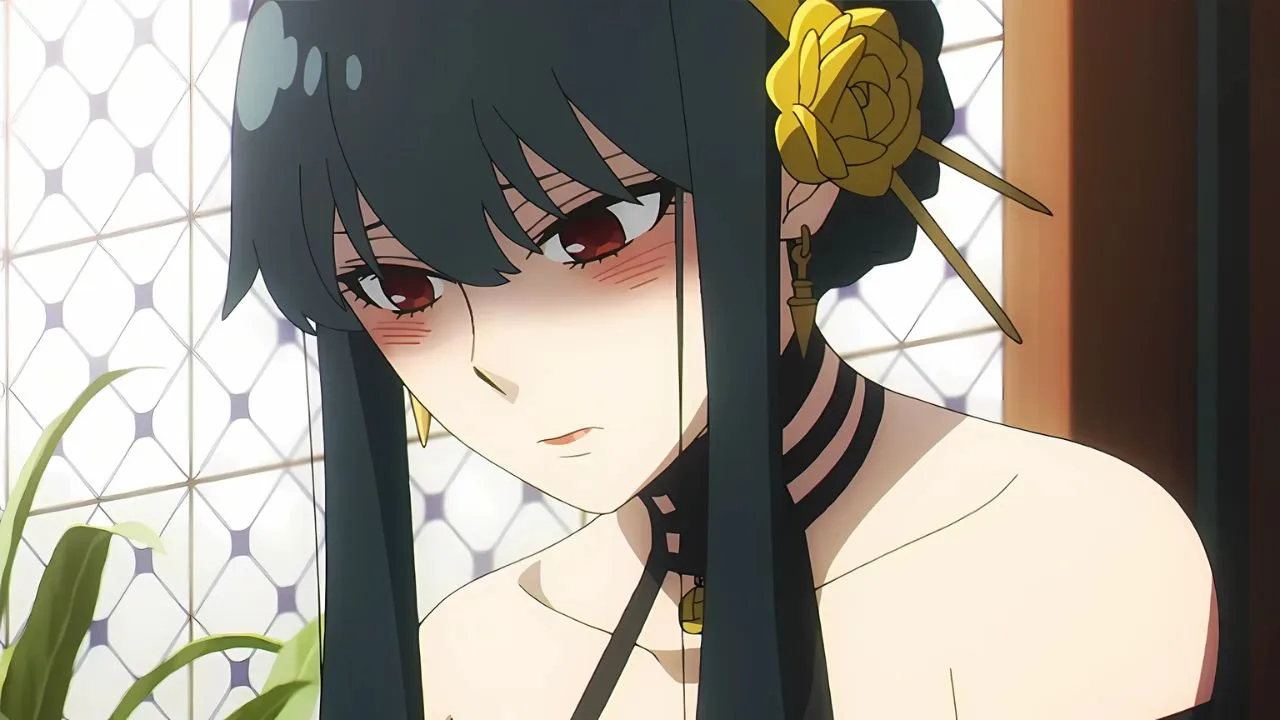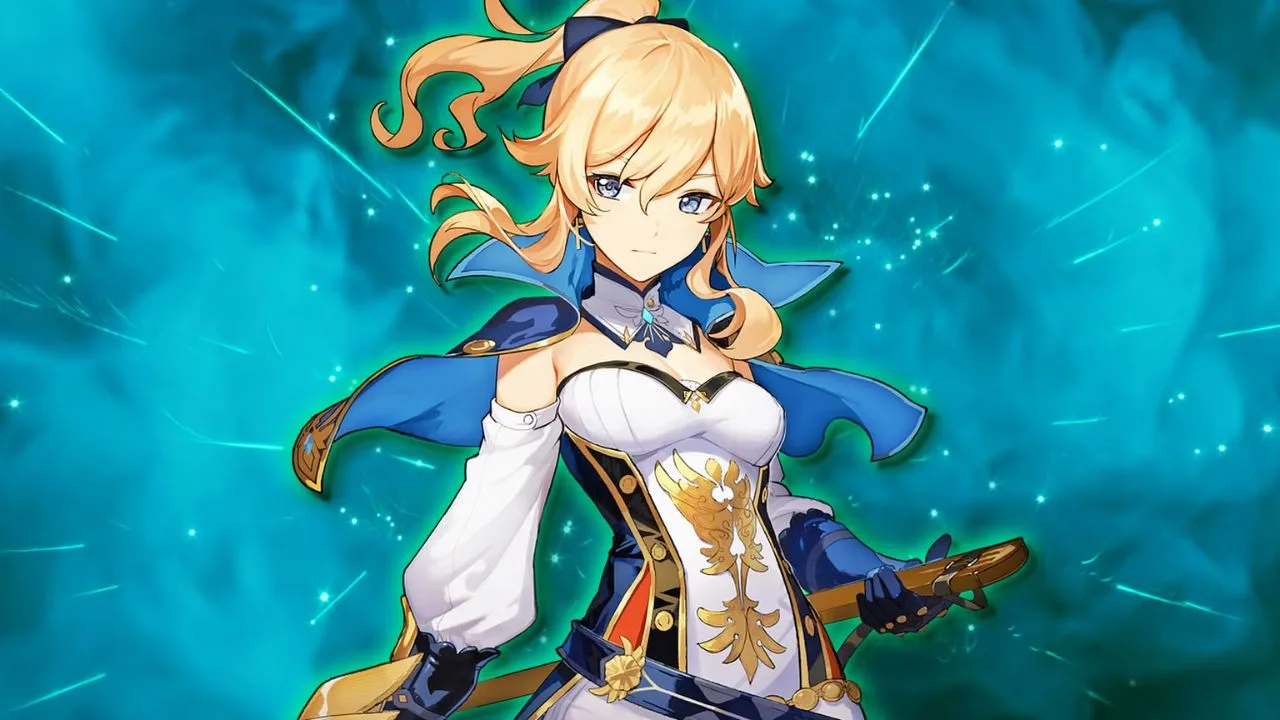What is it: Love and Lies (Koi to Uso)
Synopsis and Theme
Love and Lies, known in Japan as Koi to Uso, is an anime that stands out for its unique approach to love and human relationships in a dystopian setting. The story takes place in a world where the government controls young people's romantic relationships, designating ideal partners through a matching system. This intriguing premise raises questions about individual freedom, the nature of true love, and the consequences of living in a society that prioritizes logic over feelings. The protagonist, Yukari Nejima, finds himself torn between following the rules imposed by the government or following his heart, which generates a deep and engaging emotional conflict throughout the narrative.
Main Characters
The characters in Love and Lies are well developed, each bringing a unique perspective on love and social conformity. Yukari Nejima, the protagonist, is a young man who falls in love with his classmate, Misaki Takasaki, but ends up being assigned to marry another girl, the intelligent and pragmatic Ririna Sanada. This dynamic between the main characters creates a love triangle that is central to the plot, exploring themes such as jealousy, friendship and the fight for authentic love in an oppressive system. Additionally, the anime features a variety of secondary characters that enrich the narrative, each dealing with their own issues related to love and freedom.
Production and Animation Style
Love and Lies was produced by the LIDENFILMS studio, known for its ability to create visually stunning and captivating animations. Hiroshi Kawamura's direction, combined with Yukiko Horiguchi's character designs, results in an aesthetic that complements the emotional depth of the story. The soundtrack, composed by Masaru Yokoyama, also plays a crucial role, intensifying emotions at key moments in the plot. The anime is an adaptation of the manga by Musawo Takasugi, which already gained a significant fan base before the anime's premiere, which helped to further increase anticipation surrounding the series.
Reception and Criticism
Reception for Love and Lies was mixed, with critics and fans divided in their opinions. While some praised the originality of the premise and the depth of the characters, others criticized the execution of the story and the speed at which events unfold. However, the series managed to capture the attention of many viewers, especially those who enjoy romantic dramas with a sci-fi twist. The discussion about freedom of choice in relationships and the implications of a government system that interferes with personal lives resonated with many, making Love and Lies a popular topic of conversation among anime fans.
Themes and Messages
The central themes of Love and Lies include freedom of choice, the nature of love, and the consequences of decisions made under social pressure. The anime provokes reflections on the extent to which people are willing to sacrifice their personal feelings in the name of an imposed ideal. Yukari's struggle to balance her emotions and social expectations is a reflection of the difficulties many face in real life. Furthermore, the series questions the validity of a love that is imposed rather than chosen, leading viewers to ponder the true essence of love and how it should be lived.
Cultural Impact and Legacy
Since its debut, Love and Lies has left a significant mark on the anime fan community. The series not only generated discussions about its complex themes, but also inspired fan art, fan fiction and a variety of creative content. The concept of a government controlling romantic relationships is an idea that resonates across cultures, leading to comparisons with contemporary questions about freedom and individuality. The legacy of Love and Lies continues to influence new works within the genre, challenging creators to explore the intersection of love, freedom and society in their narratives.





